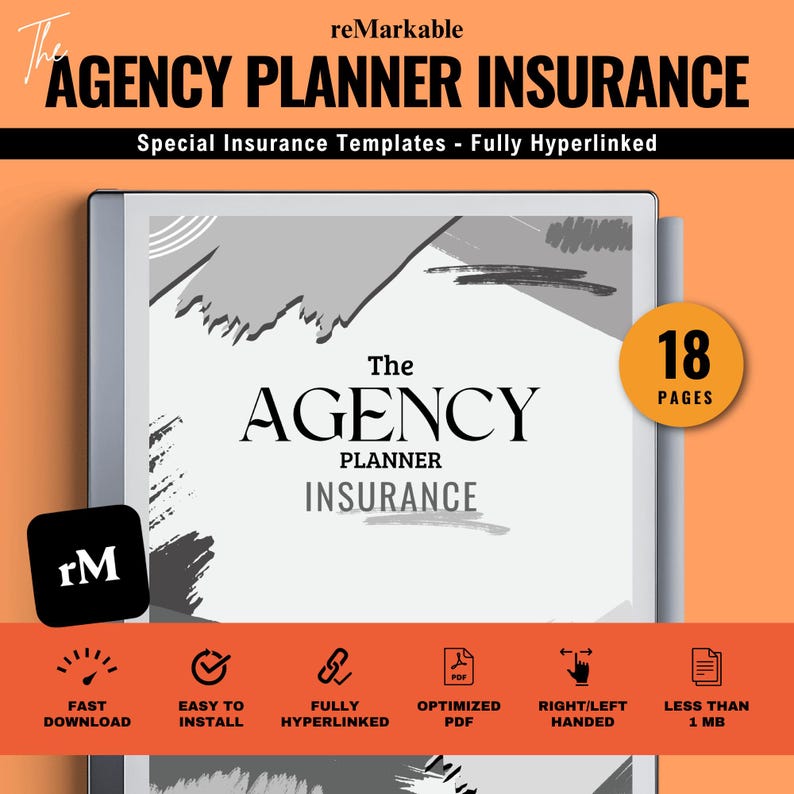When it comes to taking a vehicle out for a road test, whether you’re a prospective buyer or a dealer, one thing that often gets overlooked is insurance coverage. Road testing a vehicle isn’t just about checking how it drives—it’s about ensuring you’re protected if something unexpected happens along the way. Navigating the intricacies of insurance for road testing can feel confusing and overwhelming, especially with the various types of coverage and legal requirements involved. In this article, we’ll gently unpack what you need to know about insurance coverage for road testing vehicles, helping you feel confident and secure behind the wheel during this important step.
Table of Contents
- Understanding the Basics of Insurance Coverage for Road Testing Vehicles
- Key Factors Influencing Insurance Policies During Vehicle Road Tests
- Common Challenges and How to Navigate Insurance Claims After Road Testing
- Practical Tips for Ensuring Adequate Coverage Before Taking a Vehicle on the Road
- Insights and Conclusions
Understanding the Basics of Insurance Coverage for Road Testing Vehicles
When it comes to road testing vehicles, having the right insurance coverage is crucial to protect both the driver and the vehicle. Many people assume that standard auto insurance policies automatically cover road testing scenarios, but this isn’t always the case. Understanding what types of coverage apply during a test drive can save you from unexpected liabilities. Typically, special provisions or endorsements may be required to extend protection beyond regular use, especially if the vehicle is new, unregistered, or being evaluated for commercial purposes.
Key points to consider when securing coverage for road testing vehicles include:
- Liability Protection: Ensures coverage in case of injury or damage to third parties.
- Comprehensive and Collision: Protects the vehicle during the test drive against accidents or other damages.
- Driver Eligibility: Some policies limit coverage to licensed drivers or specify conditions for temporary drivers.
- Duration and Scope: Temporary or short-term insurance might be necessary for limited road testing periods.
Securing the proper insurance not only offers peace of mind but also ensures compliance with legal requirements. Always consult with your insurer to verify that your coverage aligns with the intended use of the vehicle during road testing, as gaps in protection can result in costly consequences.
Key Factors Influencing Insurance Policies During Vehicle Road Tests
When considering insurance during vehicle road tests, several pivotal elements come into play that can significantly impact your coverage. One of the most critical factors is the type of vehicle being tested. Whether it’s a new car model or a used vehicle, the insurer’s risk assessment varies accordingly. New models might have less risk associated with wear and tear but may carry higher costs for replacement parts, while older vehicles could present more frequent mechanical issues, influencing the terms and premium rates. Additionally, the purpose and duration of the test drive affect insurance. Short, controlled tests might be covered under standard policies, while longer or more intensive trials often require specialized endorsements or temporary coverage tailored for road testing scenarios.
- Driver qualifications: Insurers often mandate that the individual behind the wheel during the road test be a licensed and experienced driver to minimize the risk of accidents.
- Location and route: Testing in high-traffic urban areas versus rural settings can drastically alter risk profiles and hence, coverage stipulations.
- Insurance provider policies: Different companies have varying thresholds and rules about what constitutes acceptable risk during a test drive.
Transparency and communication with your insurer are paramount. Providing clear information about the vehicle, the test’s intent, and the parties involved can ensure your coverage remains valid throughout the testing period. Failing to inform your insurer or misunderstanding the scope of your policy can lead to denied claims and potential financial liabilities. Sensitivity to these nuances not only safeguards your investment in the vehicle but also promotes safety and trust between all parties on the road.
Common Challenges and How to Navigate Insurance Claims After Road Testing
Dealing with insurance claims after road testing can be unexpectedly complex. One of the most common obstacles is determining liability, especially when multiple vehicles or parties are involved. Road tests often occur in dynamic environments where the line between driver error and external factors blurs easily. To navigate this, it’s crucial to have detailed documentation—photos, witness statements, and a clear accident report can make a significant difference. Another frequent challenge is understanding coverage limits since many personal insurance policies may exclude or limit protection during learner driver sessions or non-standard use of the vehicle.
To minimize headaches, consider these strategic approaches:
- Verify policy specifics ahead of time: Confirm if your insurer covers road testing scenarios and under what conditions.
- Communicate openly with your insurer: Notify them about scheduled road tests and obtain written confirmations regarding coverage.
- Keep all receipts and repair estimates: These documents support your claim and expedite the process.
- Seek professional advice if denied: Legal counsel or insurance advocates can clarify your rights and next steps.
Practical Tips for Ensuring Adequate Coverage Before Taking a Vehicle on the Road
Before you hit the road with a new or test vehicle, it’s crucial to confirm that your insurance policy covers this specific use. Many standard auto insurance policies have exclusions for vehicles being tested or driven temporarily, which means you could be left financially vulnerable if an accident occurs. Contact your insurer directly to verify whether your current coverage applies or if additional endorsements are necessary. Keep documentation handy—such as a temporary registration or dealer test drive agreement—to support your coverage claims in case of a dispute.
Consider these key approaches to fortify your protection:
- Ask about temporary or short-term insurance policies designed specifically for test-driving or evaluation periods.
- Clarify liability and comprehensive coverage limits to understand what damages or injuries will be covered while driving the specific vehicle.
- Review any exclusions related to test drives, business use, or non-owned vehicles that could impact your coverage.
- Document all communications with your provider so you have clear evidence of your coverage status before taking the vehicle out.
Insights and Conclusions
Navigating the nuances of insurance coverage for road testing vehicles can feel overwhelming, but it’s an important step toward ensuring safety and peace of mind on the road. Whether you’re a learner driver, an instructor, or someone testing a newly purchased vehicle, understanding your insurance options helps protect you and others throughout the process. Remember, taking the time to review and secure the right coverage isn’t just a formality—it’s a vital part of responsible driving. Stay informed, stay covered, and drive confidently.






